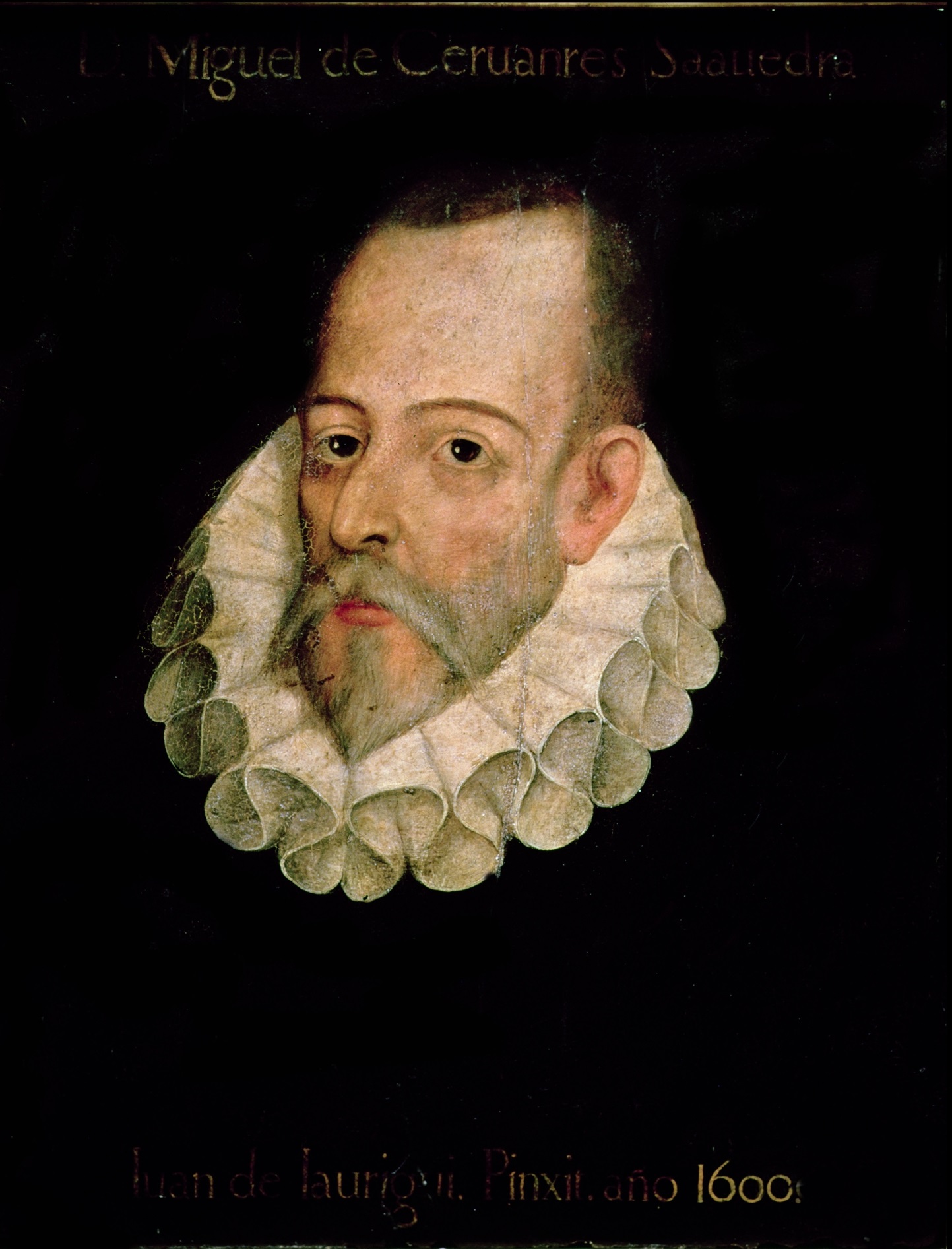Fonte: Don Quixote de la Mancha (1605–1615), Part II (1615), Book III, Ch. 33, as translated by Pierre Antoine Motteux in The History of the Ingenious Gentleman Don Quixote of La Mancha (1701)
Variant translations:
I'm kind-hearted by nature, and full of compassion for the poor; there's no stealing the loaf from him who kneads and bakes; and by my faith it won't do to throw false dice with me; I am an old dog, and I know all about 'tus, tus;' I can be wide-awake if need be, and I don't let clouds come before my eyes, for I know where the shoe pinches me; I say so, because with me the good will have support and protection, and the bad neither footing nor access. And it seems to me that, in governments, to make a beginning is everything; and maybe, after having been governor a fortnight, I'll take kindly to the work and know more about it than the field labour I have been brought up to.
Honesty's the best policy.
Contexto: I was ever charitable and good to the poor, and scorn to take the bread out of another man's mouth. On the other side, by our Lady, they shall play me no foul play. I am an old cur at a crust, and can sleep dog-sleep when I list. I can look sharp as well as another, and let me alone to keep the cobwebs out of my eyes. I know where the shoe wrings me. I will know who and who is together. Honesty is the best policy, I will stick to that. The good shall have my hand and heart, but the bad neither foot nor fellowship. And in my mind, the main point of governing, is to make a good beginning.
